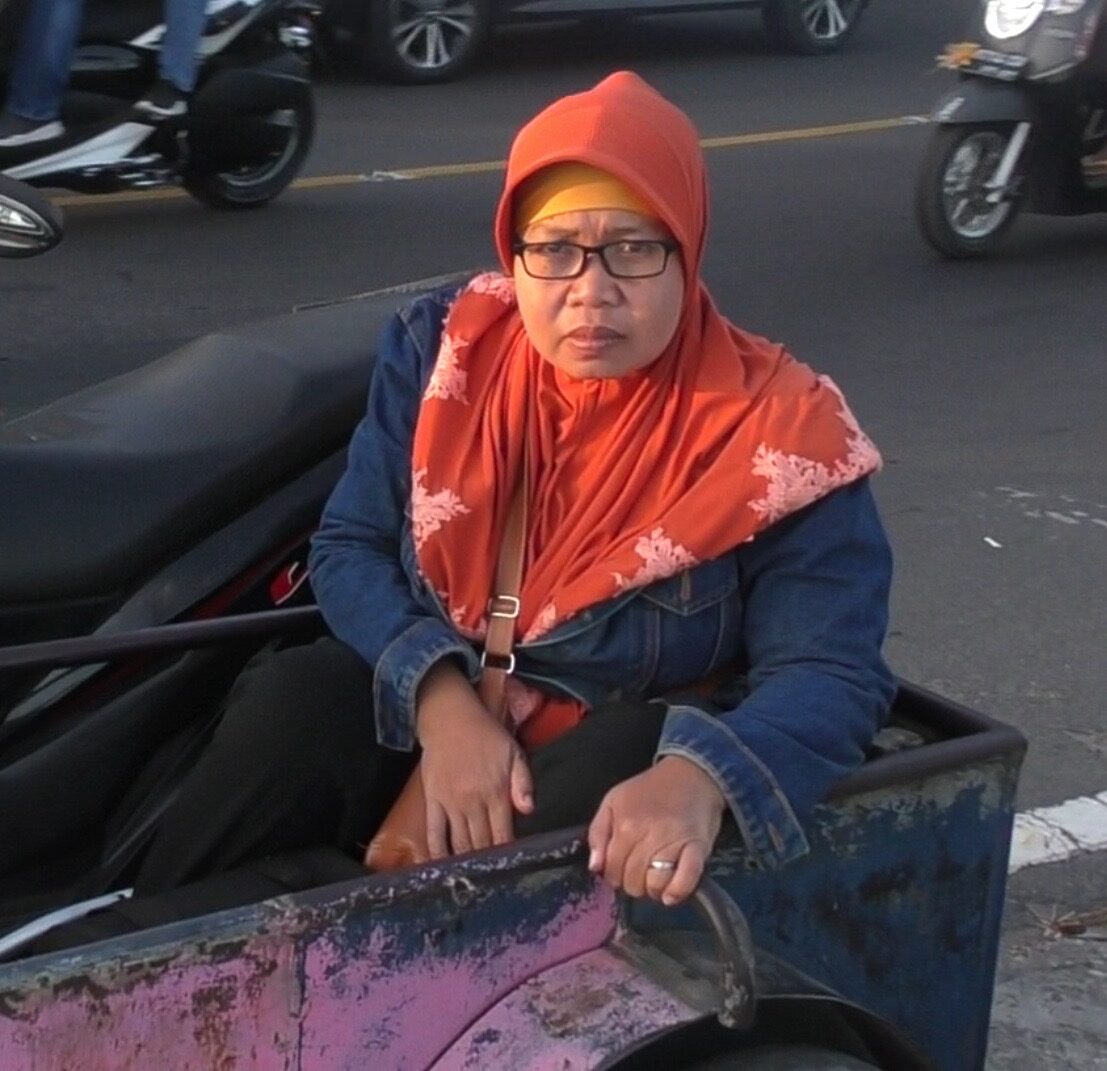
News
‘I Never Imagined I Could Do This’
As a 2022 DJP Fellow, Sri Sukarni Found Herself Behind the Camera for the First Time, Telling Stories of People with Disabilities Through Her Own Lens.
November 23, 2022
WEST LOMBOK, Indonesia – When she joined the Disability Justice Project as a filmmaking fellow in 2022, Sri Sukarni was no stranger to cameras. As chairperson of the Association of Women with Disabilities (HWDI) of NTB Province, Sukarni was used to giving media interviews. While these interviews gave her a chance to shine a light on local disability rights issues, she says she wasn’t always happy with the way the news portrayed people with disabilities in her country. “I sometimes feel happy when there is a story about people with disabilities experiencing success and independence,” says Sukarni. “However, I am sad to see when the media presents people with disabilities as though they can’t do anything, as if we should be pitied, supported. If the media is like that, my heart is very sad.”
During her time as a DJP Fellow, Sukarni experienced for the first time what it was like to tell her own story – shaping the narrative as she saw it. She says the feeling it brought her was relief. “Relief, the first is relief,” Sukarni says. “The second is that I feel happy. Of course, I feel happy to be able to produce videos, which I never imagined I could do this.”
Through the Association of Women with Disabilities in Indonesia (HWDI), Sukarni dedicates much of her time to lifting up women with disabilities in her community. Founded in 1997, the organization has branches all over Indonesia that are run by and for women with disabilities. “HWDI fights for the rights of women with disabilities because we know that women with disabilities face two layers of discrimination,” Sukarni says. “One for being women and the second for being women with disabilities.”
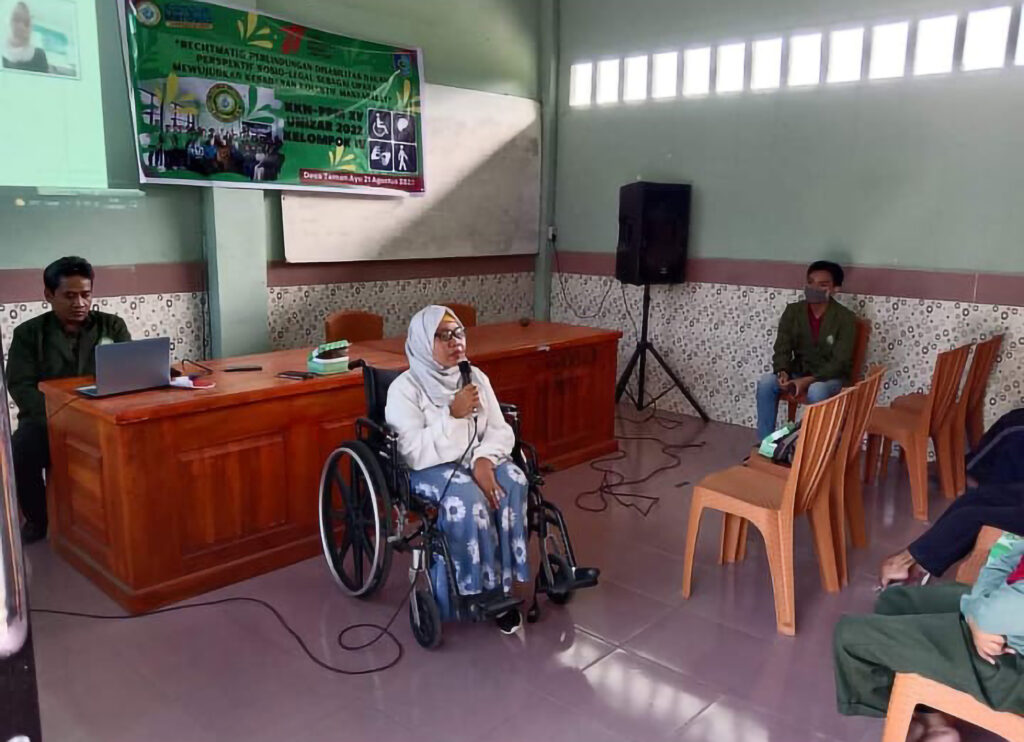
The first video Sukarni produced in partnership with the DJP tells the story of Sustia Rini, a woman who faces exactly this type of layered discrimination. In addition to living with a disability, Rini is a survivor of domestic violence. The video follows her on her journey to access affordable health care for her family after leaving her husband. “In Indonesia, women with disabilities are often the ‘poorest of the poor’ and are particularly vulnerable to gender-based violence,” says the introduction to Sri’s film on the DJP website. “Rini has been no exception. In 2019, she left her husband because of abuse, and she has not had any type of permanent employment. Now, every time she or someone in her family needs healthcare, she faces difficult choices that could drive her and her children further into poverty.”
There are still many more stories that Sukarni wants to tell using the skills she’s learned from the DJP. She’s particularly interested in examining local issues that people with disabilities face in her community, like the challenge of accessing a good education and employment. But one of her top concerns is accessibility. “There’s still a lot I want to produce about how are the public service buildings in NTB [West Nusa Tenggara] not yet friendly to people with disabilities,” says Sukarni. “This is what I want to convey to the media, to the government. That we also have the same rights, that we also want to feel comfortable when we use public services.”
Delainey LaHood-Burns is a digital content producer based in New Hampshire and a contributor to the Disability Justice Project. @2022 Disability Justice Project. All rights reserved.
News From the Global Frontlines of Disability Justice
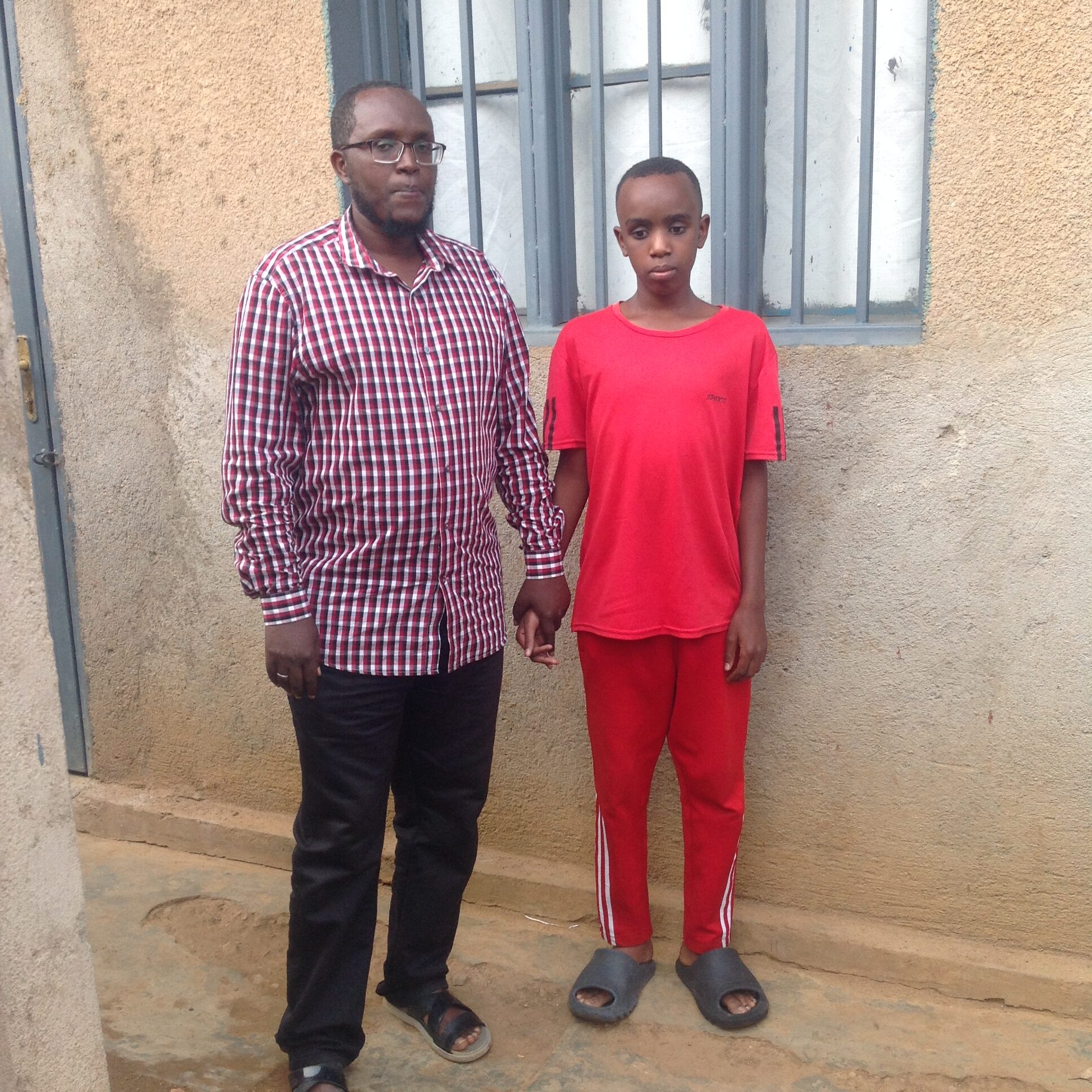
‘I Just Want to Walk Alone’
Fourteen-year-old Saifi Qudra relies on others to move safely through his day. Like many blind children in Rwanda, he has never had a white cane. His father, Mussah Habineza, escorts him everywhere. “He wants to walk like other children,” Habineza says, “He wants to be free.” Across Rwanda, the absence of white canes limits children’s mobility, confidence, and opportunity. For families, it also shapes daily routines, futures, and the boundaries of independence.
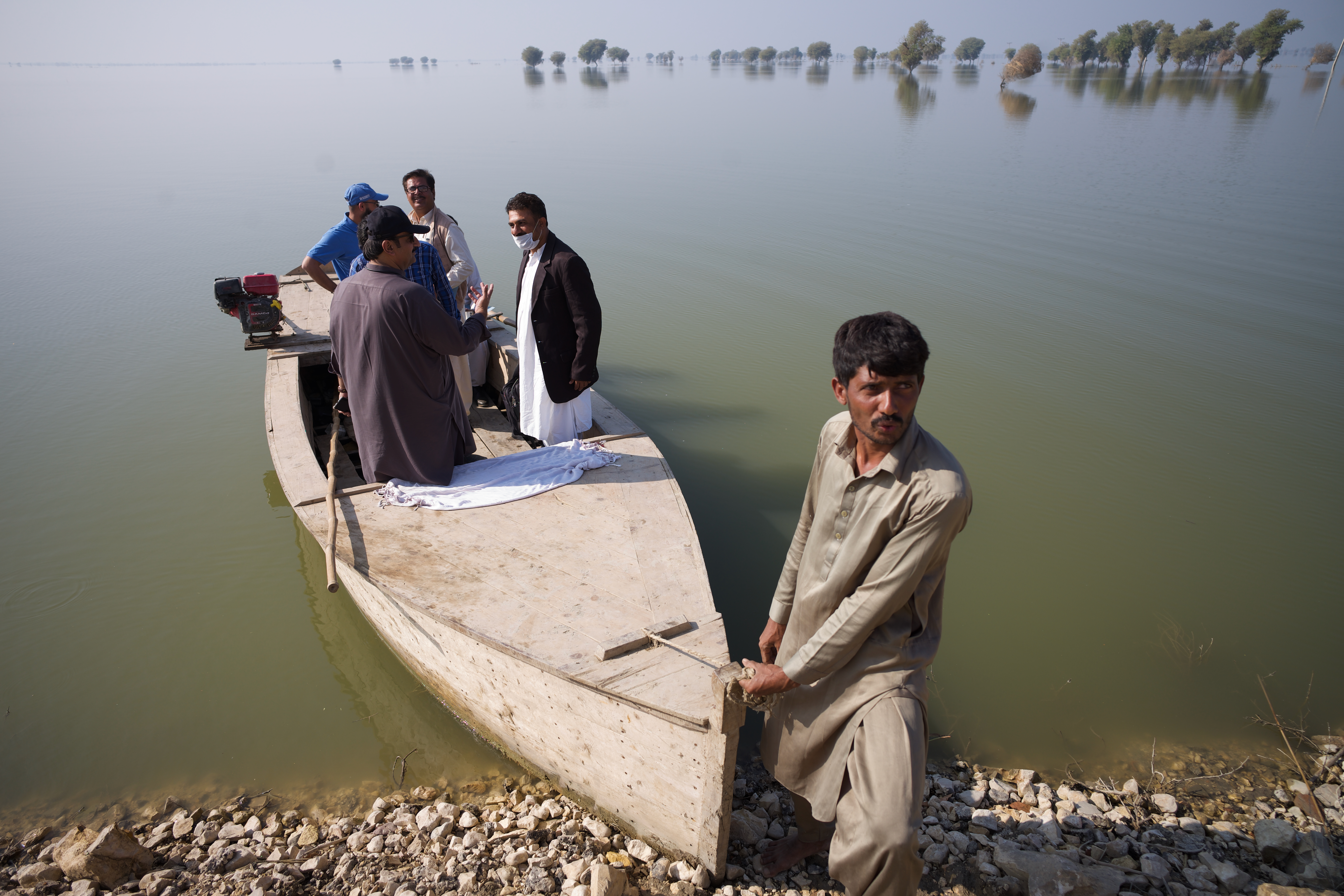
‘Evacuation Routes Are Meant for People Who Can Run’
As climate change and conflict intensify across Pakistan, emergency systems continue to exclude people with disabilities. Warning messages, evacuation routes, and shelters are often inaccessible, leaving many without critical information when floods or violence erupt. “Evacuation routes are built for people who can run,” Deaf author and policy advocate Kashaf Alvi says, “and information is broadcast in ways that a significant population cannot access.”
Read more about ‘Evacuation Routes Are Meant for People Who Can Run’
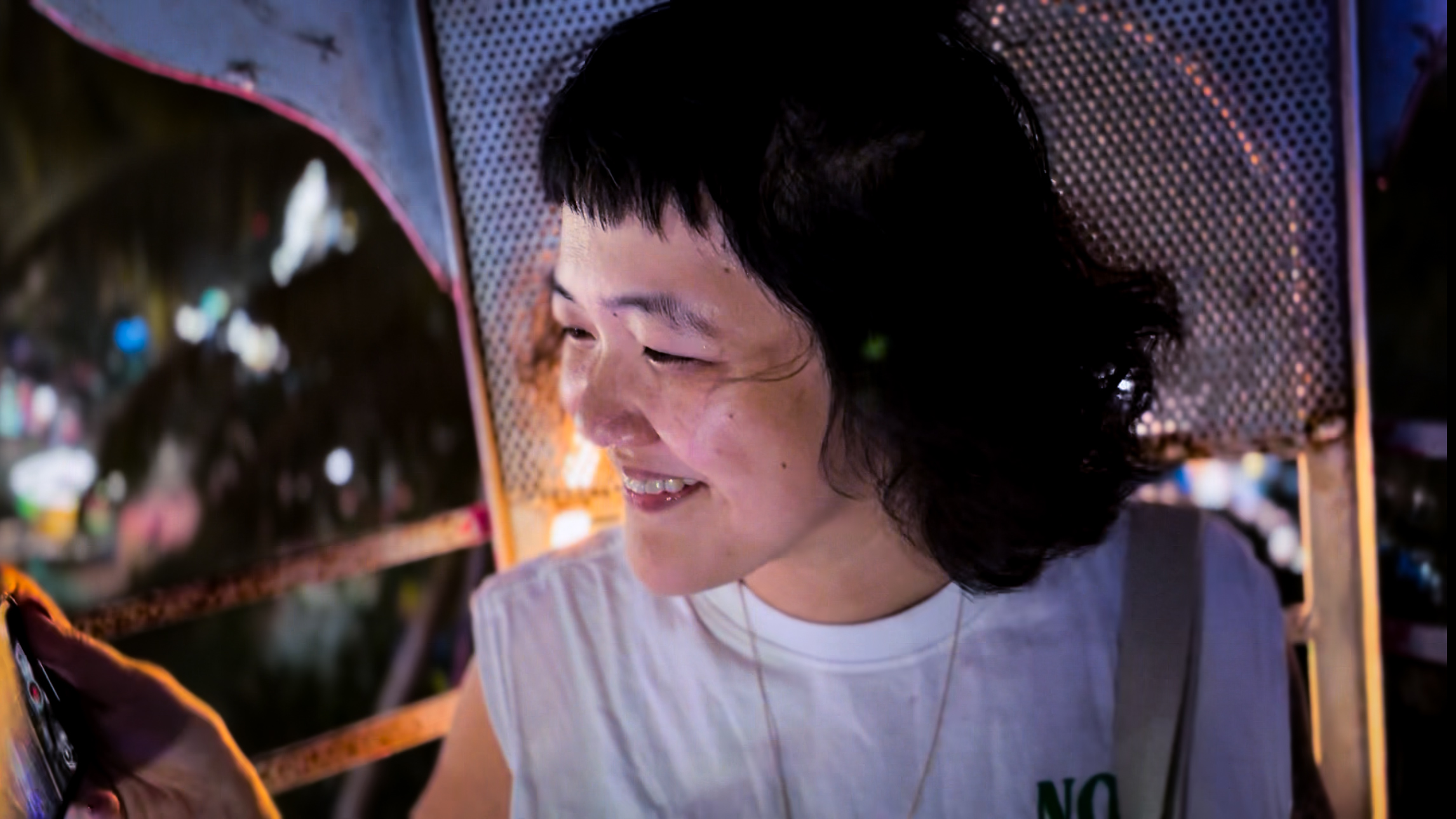
Autism, Reframed
Late in life, Malaysian filmmaker Beatrice Leong learned she was autistic and began reckoning with decades of misdiagnosis, harm, and erasure. What started as interviews with other late-diagnosed women became a decision to tell her own story, on her own terms. In The Myth of Monsters, Leong reframes autism through lived experience, using filmmaking as an act of self-definition and political refusal.
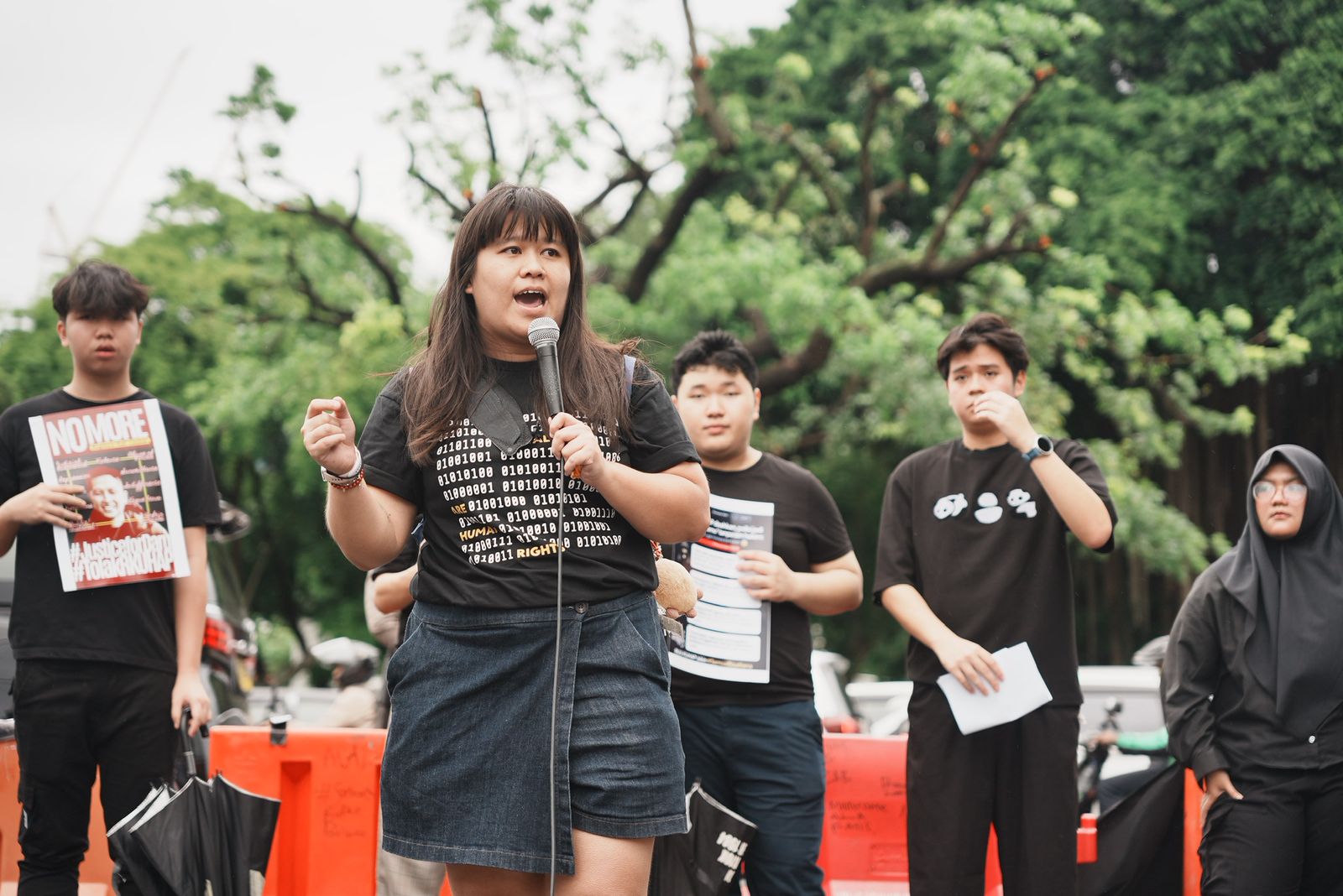
Disability and Due Process
As Indonesia overhauls its criminal code, disability rights advocates say long-standing barriers are being reinforced rather than removed. Nena Hutahaean, a lawyer and activist, warns the new code treats disability through a charitable lens rather than as a matter of rights. “Persons with disabilities aren’t supported to be independent and empowered,” she says. “… They’re considered incapable.”

Disability in a Time of War
Ukraine’s long-standing system of institutionalizing children with disabilities has only worsened under the pressures of war. While some facilities received funding to rebuild, children with the highest support needs were left in overcrowded, understaffed institutions where neglect deepened as the conflict escalated. “The war brought incredibly immediate, visceral dangers for this population,” says DRI’s Eric Rosenthal. “Once the war hit, they were immediately left behind.”
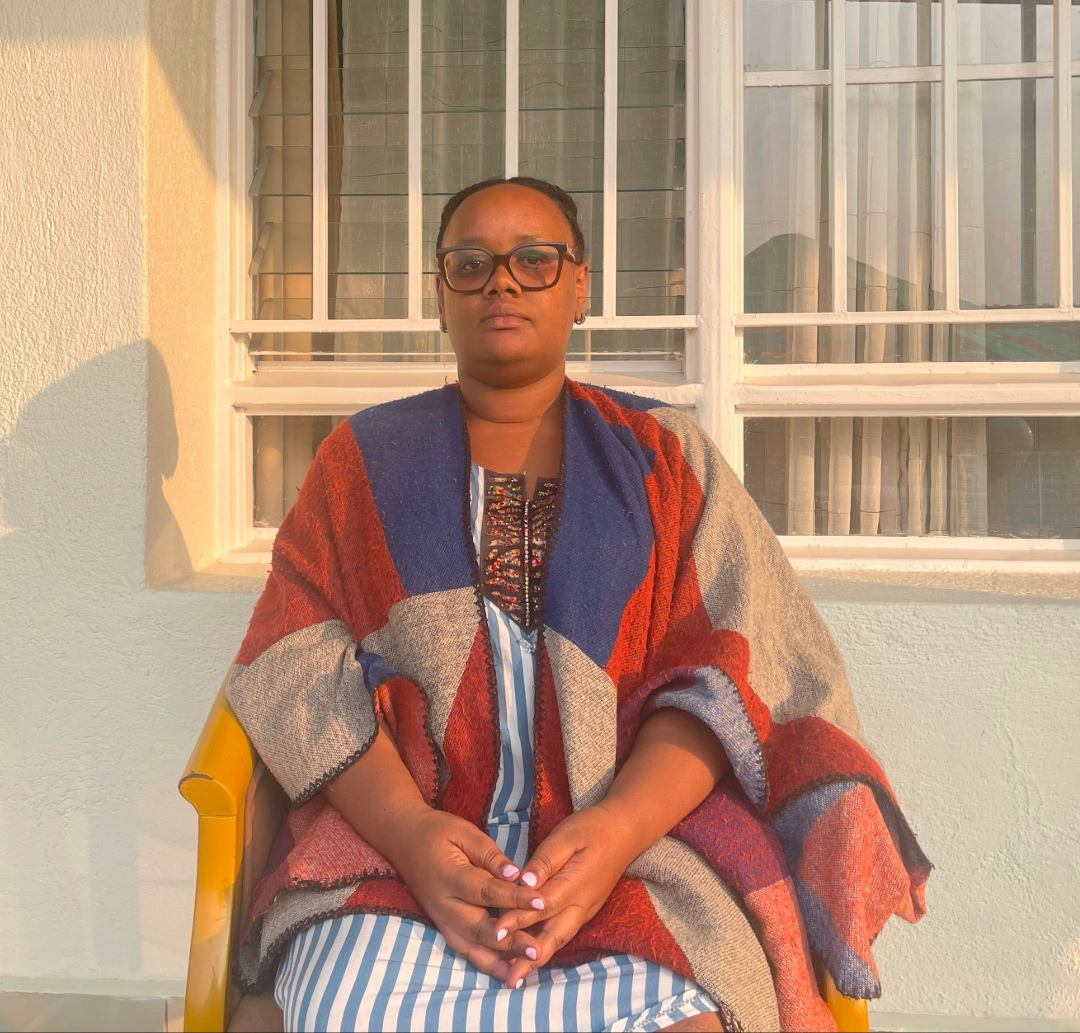
The Language Gap
More than a year after the launch of Rwanda’s Sign Language Dictionary, Deaf communities are still waiting for the government to make it official. Without Cabinet recognition, communication in classrooms, hospitals, and courts remains inconsistent. “In the hospital, we still write down symptoms or point to pictures,” says Jannat Umuhoza. “If doctors used sign language from the dictionary, I would feel safe and understood.”